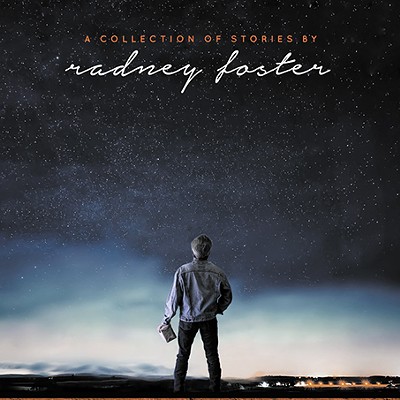After that, she moved into feminist and political writing, then professorship. Her music writing was mostly forgotten. She died in 2006.
“Out of the Vinyl Deeps,” a collection of most of her columns from The New Yorker and other music writings, shines a light on a woman whose work helped invent the concept of a sociological think piece with music as a starting point. If it weren’t for Willis, we may just be thumbing our noses at or clapping for Odd Future instead of trying to analyze what sort of culture produces such a thing.
To Willis, rock and roll was life. “As a critic, I prefer it to the competing premise — that rock and roll is music — because it’s more interesting to write about,” she wrote in a 1974 essay on Mott the Hoople, and the 223 pages of the book prove the statement. While comments on Bob Dylan, Rolling Stones and The Velvet Underground / Lou Reed comprise a disproportionate amount of the book’s material (between a quarter and a third), that’s because Willis saw them as the most important sociological leaders of the society.
She may be right. Each essay provides new insights on both the artists and the culture of the late ’60s/early ’70s, no matter how many times we’re treated to a Dylan album review. On top of that, it’s fascinating to read the perspective of someone witnessing “Blood on the Tracks” for the first time ever, and hear what an insightful person actually saw at Woodstock.
The essays are arranged categorically; Nona Willis Aronowitz, Willis’ daughter, corralled the essays into “The World-Class Critic,” “The Adoring Fan,” “The Sixties Child,” “The Feminist, “The Navigator” and “The Sociologist.” The latter two are the most interesting, as her strength lay in understanding what everything meant. Willis provided a strong, well-formed opinion on rock ’n’ roll’s serious cultural and political import, both positively and negatively.
Because the book is so concerned with the sociology of music and culture, it is not to be rushed through; it took me several weeks to read all of it. Willis’ clear but lengthy pieces will command thought and occasionally introspection for music lovers.
Her impact is discussed in a solid afterword, which addresses how she differed from Robert Christgau’s literary style, Greil Marcus’ “sound-driven historical narratives” and Lester Bangs’ hysterical fanboy position. It lends credence to the notion that Bill Simmons’ new think-piece website, Grantland, owes a great deal of credit to a writer even most music nerds have (sadly) never heard of.
Hopefully, “Out of the Vinyl Deeps” changes that, as her writing (especially the pieces on Woodstock, Van Dyke Parks and Mott the Hoople) still has valuable insights for fans and critics today. —Stephen Carradini











